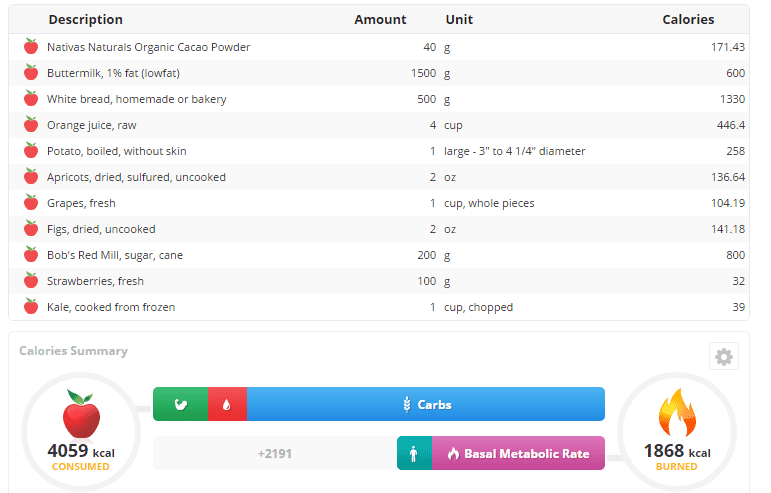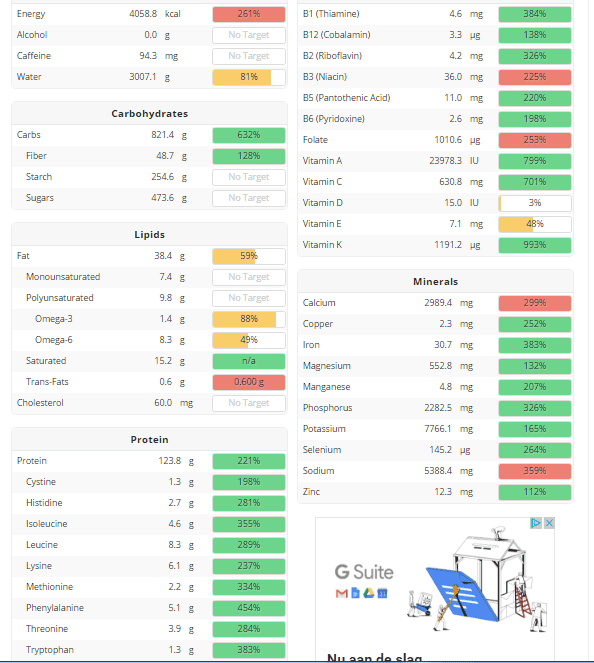Marcus1000
Member
- Joined
- Feb 25, 2017
- Messages
- 44
Stats:
22 y/o male
6'6
170 lbs
8% bodyfat
97 degrees temp throughout the day
Problems:
The plan:
Diet:
4000 calorie diet, ~800 gram carb, 150 gram protein, 30 gram fat
1.5 quart 0.5% fat buttermilk
1 quart OJ
1 lbs white wheat bread
200g sugar cane
Boiled potatoes/white rice/some greens/some random fruits/raw carrot/cacao powder etc.
+2 tbsp hydrolyzed fish collagen daily.
Lifestyle:
3x a week 30 min steady state cardio + 20 min strength training
Occassional random slow walking/slow cycling whenever there is some sun outside
Trying to fix my breathing according to the Buteyko method (to increase my CO2)
Eating instantly upon wakeup, and a meal before bed, and some dried fruit whenever I wake up in the middle of the night, rest I eat consantly, spread throughout the day (every 2 hour).
Looking for some feedback/ideas on this plan!


22 y/o male
6'6
170 lbs
8% bodyfat
97 degrees temp throughout the day
Problems:
- Chronic fatigue
- Brain fog,
- Low stress tolerance,
- Random water retention/dehydration,
- Joint pain (neck/lower back),
- Orthostatic intolerance,
- Need food constantly,
- Heart skipping beats,
- Symptoms of hypoglycemia,
- Cold hands/often purple nails,
- Red feet when doing physical work (blood pooling?),
- Skin in hand does not return color quickly when pressed (takes 60+ seconds often),
- Intolerance to eating any food containing fat (severe lethargic after ingestion, within 5 minutes)
The plan:
Diet:
4000 calorie diet, ~800 gram carb, 150 gram protein, 30 gram fat
1.5 quart 0.5% fat buttermilk
1 quart OJ
1 lbs white wheat bread
200g sugar cane
Boiled potatoes/white rice/some greens/some random fruits/raw carrot/cacao powder etc.
+2 tbsp hydrolyzed fish collagen daily.
Lifestyle:
3x a week 30 min steady state cardio + 20 min strength training
Occassional random slow walking/slow cycling whenever there is some sun outside
Trying to fix my breathing according to the Buteyko method (to increase my CO2)
Eating instantly upon wakeup, and a meal before bed, and some dried fruit whenever I wake up in the middle of the night, rest I eat consantly, spread throughout the day (every 2 hour).
Looking for some feedback/ideas on this plan!



 Marcus
Marcus